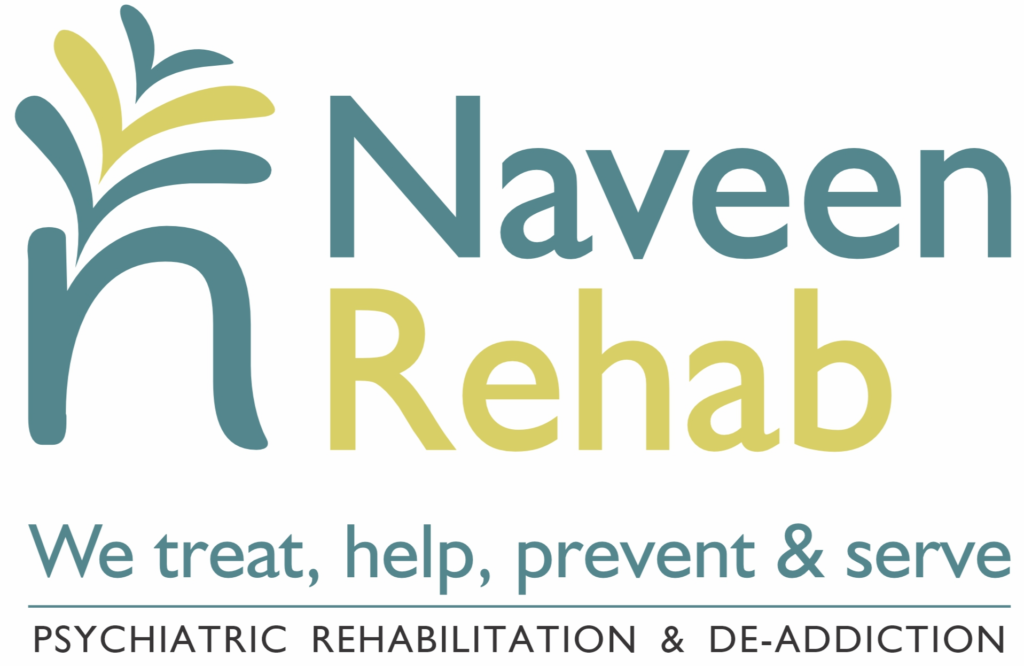Depression
You are not alone in your struggle with depression. Naveen Rehab can help you defeat depression and reclaim your life.

Depression Treatment @ Naveen
At Naveen Hospitals, we are a leading center for depression treatment in Coimbatore. We have an established process to prevent, cure and treat depression with specialist doctors for depression. We approach the recovery process with a combination of therapy for depression, medications, and counseling. Our aftercare system is designed to prevent a recurrence, which forms the basis of successful treatment.
- What?
- Why?
- How?
Depression is a mood disorder that causes persistent feelings of sadness, emptiness, and loss of interest. It is a mental illness that causes persistent feelings of sadness, hopelessness, and worthlessness. It can also lead to changes in sleep, appetite, and energy levels.
Depression can affect not only emotions but also how a person thinks, feels, and handles daily activities. People with depression may struggle to find motivation, leading to difficulties in completing tasks, maintaining relationships, and even taking care of themselves. In severe cases, depression can make it challenging to get out of bed, make decisions, or engage in activities that once brought joy. These symptoms can vary in intensity, with some individuals experiencing episodes of mild depression, while others may face more severe and prolonged depressive episodes.
Understanding that depression is a treatable condition is essential. With the right combination of therapy, lifestyle changes, and, in some cases, medication, many individuals find ways to manage symptoms and improve their quality of life.
- Genetics: Depression can run in families, suggesting that there is a genetic component to the disorder.
- Brain chemistry: Depression is thought to be caused by an imbalance of certain
neurotransmitters in the brain, such as serotonin and dopamine. - Life events: Traumatic or stressful life events, such as the death of a loved one, divorce, or job loss, can increase the risk of depression.
- Medical conditions: Some medical conditions, such as thyroid problems, chronic pain, and cancer, can also lead to depression.
- Substance abuse: Alcohol and drug abuse can both contribute to depression.
- Personality: Certain personality traits, such as low self-esteem and pessimism, may also
increase the risk of depression.
In addition to these factors, prolonged exposure to stress or unresolved emotional conflicts can also contribute to the development of depression. Chronic stress impacts the body and mind over time, potentially altering brain function and increasing vulnerability to depression. Furthermore, social factors such as isolation, lack of support, and financial strain can also heighten the risk of depressive episodes.
It’s essential to understand that depression often results from a complex interplay of genetic, biological, environmental, and psychological factors, meaning each person’s experience may differ. Recognizing these contributing factors can be the first step towards finding effective support and treatment.
- Persistent sad, anxious, or "empty" mood
- Feelings of hopelessness, worthlessness, or guilt
- Loss of interest or pleasure in activities once enjoyed
- Changes in appetite — weight loss or gain unrelated to dieting
- Sleep disturbances — insomnia or sleeping too much
- Physical changes — fatigue, loss of energy, slowed movement
- Changes in thinking — difficulty concentrating, making decisions, thinking about the future
- Changes in behaviour— withdrawal
These symptoms can vary in severity and may persist over an extended period, significantly impacting daily life. People experiencing depression may find it challenging to maintain relationships, perform well at work or school, or complete simple daily tasks. In severe cases, depression can lead to feelings of helplessness or even thoughts of self-harm, making it vital to seek support early on. Physical symptoms, like chronic pain or digestive issues, can also arise, often worsening the emotional burden of depression.
Understanding these symptoms can be the first step in recognizing depression and seeking appropriate treatment options to regain a sense of balance and well-being.


